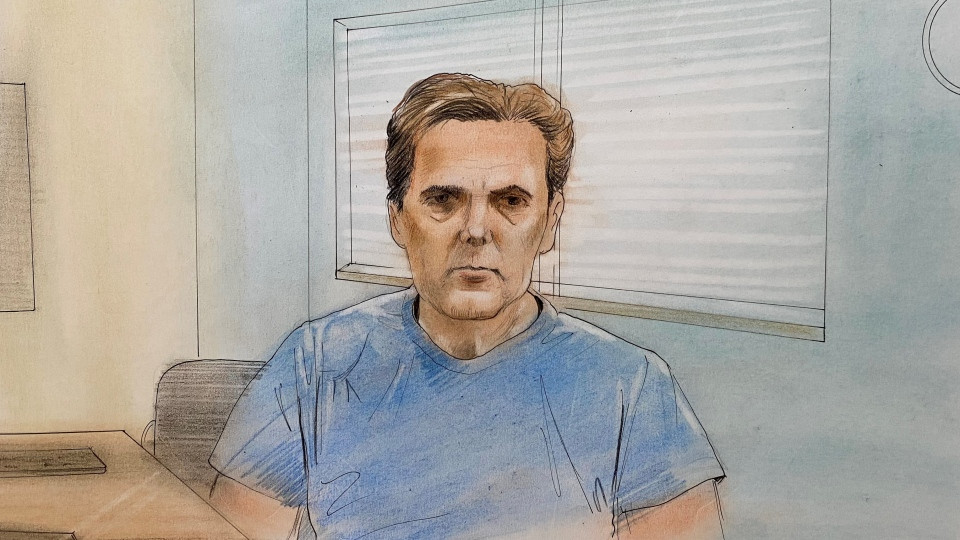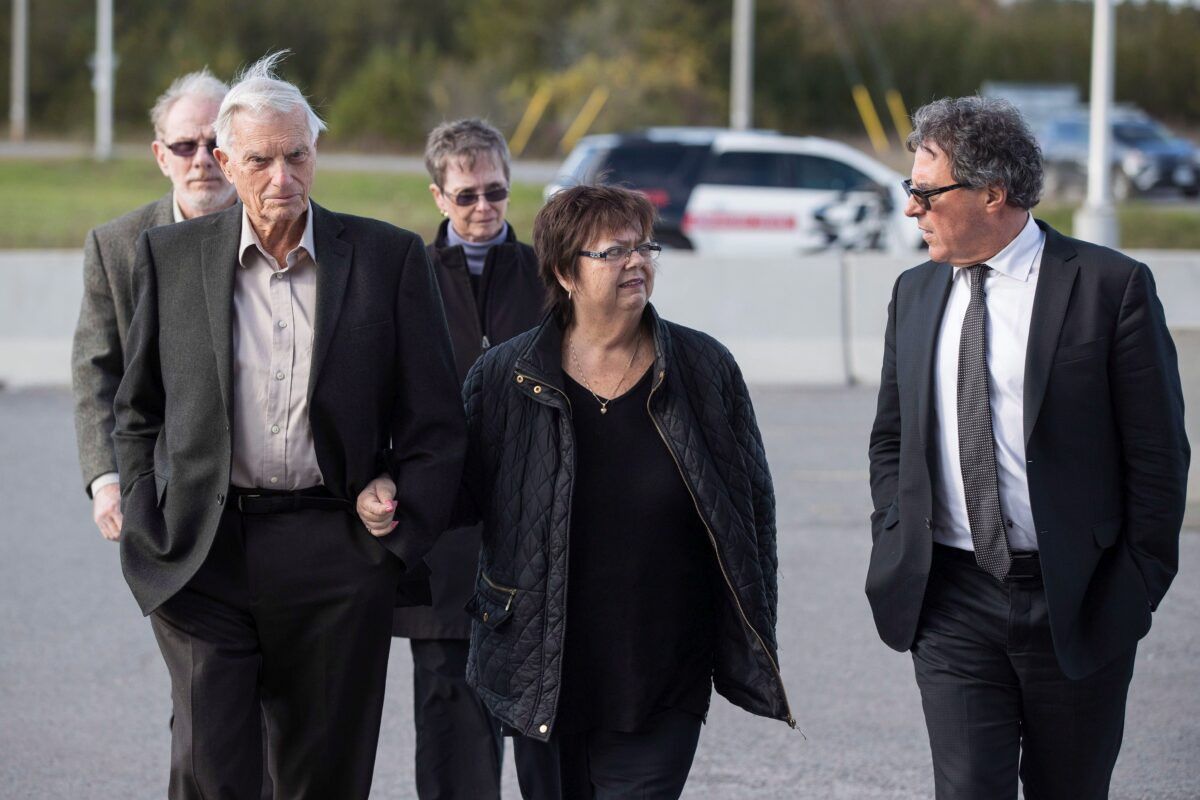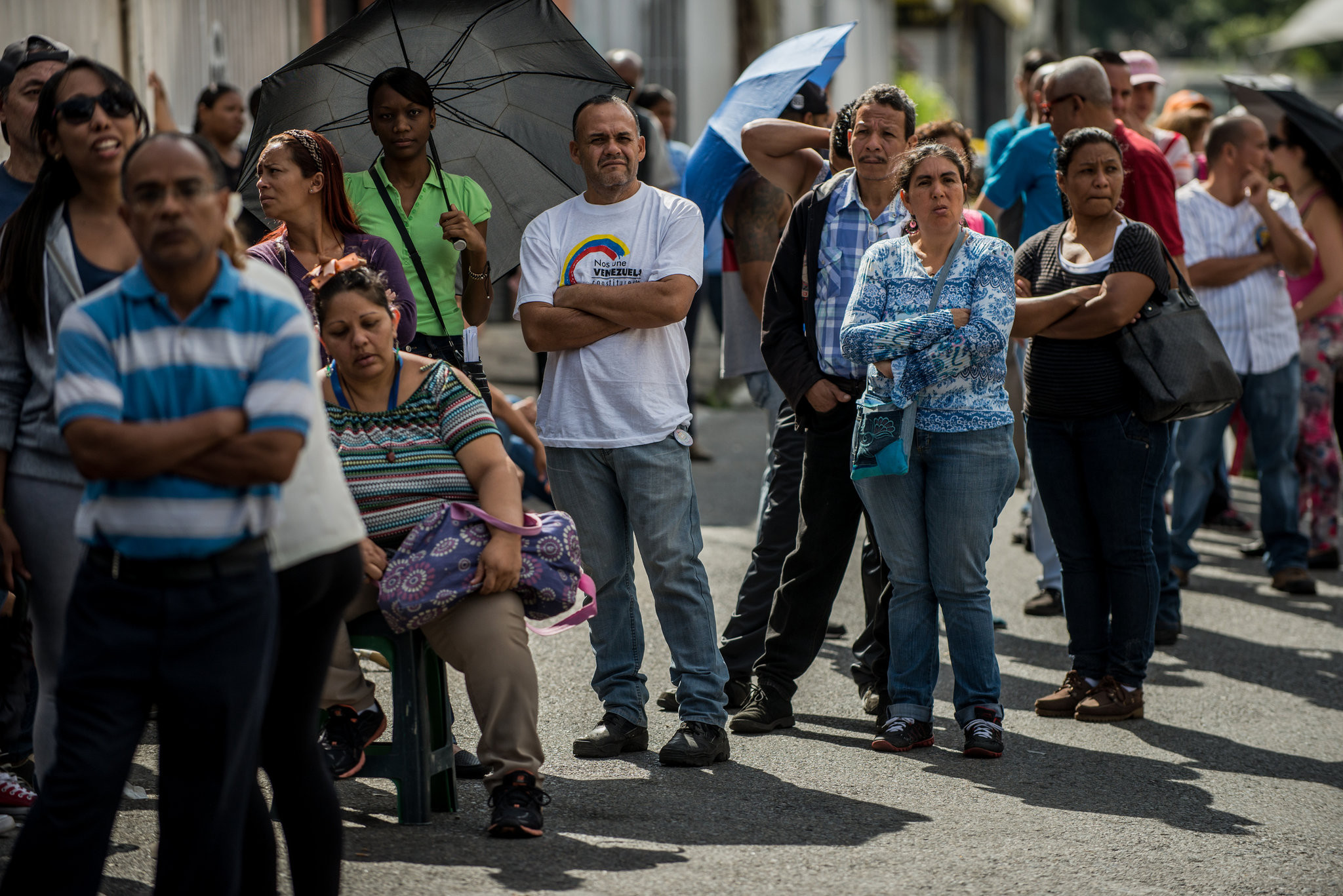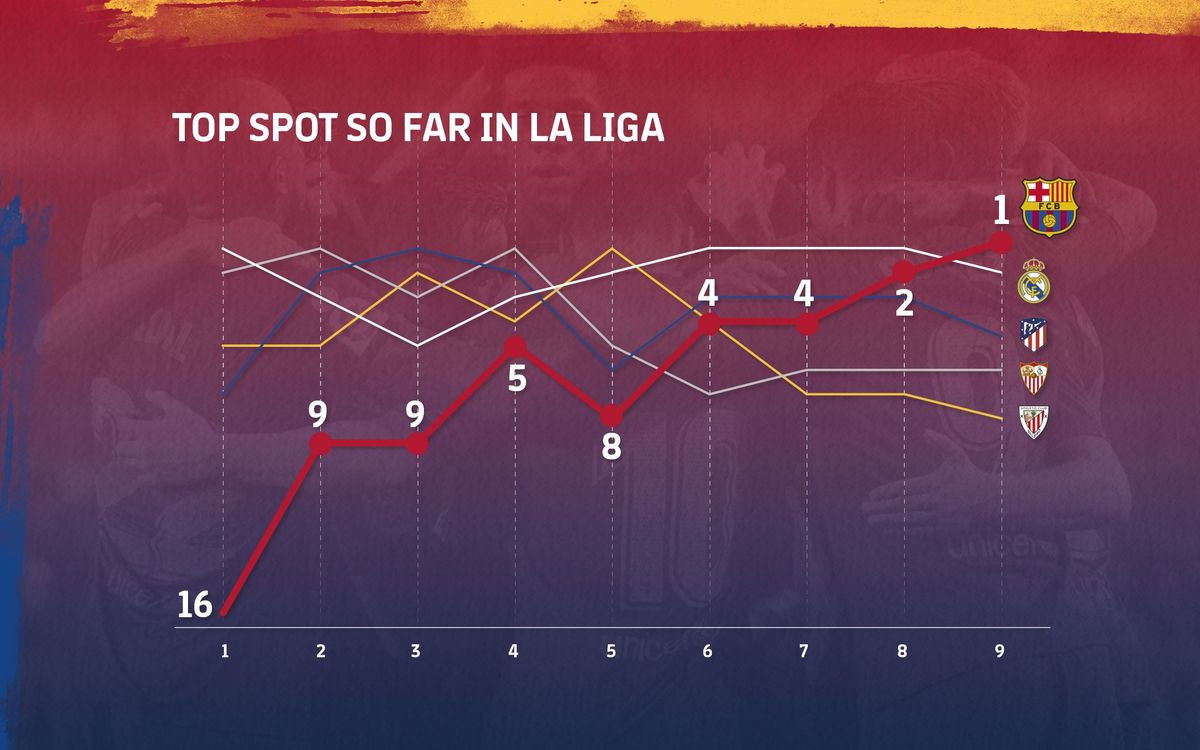Paul Bernardo's Parole Denied for Third Time Amid Emotional Plea from Victims' Families
The notorious serial killer Paul Bernardo will remain in prison, a decision met with relief by the families of his victims. On Tuesday, the Parole Board of Canada (PBC) once again denied his request for parole, following a deeply emotional hearing at La Macaza prison in Quebec. This marks the third time Bernardo's bid for release has been rejected.
The hearing, which lasted for several hours, featured heart-wrenching testimony from the families of Leslie Mahaffy and Kristen French, the two teenage girls Bernardo abducted, raped, and murdered in the early 1990s. Their statements powerfully underscored the lasting trauma inflicted by Bernardo's crimes and the persistent fear his release would generate.
Bernardo's Arguments and the Board's Decision
Bernardo, now 60, attempted to convince the board members that he had made significant strides in rehabilitation while incarcerated. He attributed his past actions to a desire for vengeance stemming from his troubled childhood and his mother's alleged victimization. He claimed he now lacked the sexual desires that fueled his previous crimes, stating, “I live like a monk.”
However, his arguments failed to sway the PBC. The board emphasized that Bernardo’s risk of re-offending remains high, citing concerns about his narcissistic personality disorder and his tendency to “overestimate his progress while underestimating the risk he still poses to society.” The “extremely violent” nature of his crimes and the lack of sufficient evidence for mitigating risk contributed significantly to their decision.
Bernardo's Transfer and Therapy
Bernardo's transfer in 2023 from a maximum-security prison in Ontario to the medium-security La Macaza facility was met with public outcry. The move was intended to allow him access to therapy programs aimed at addressing his sexual deviancy, but his progress during that treatment appeared insufficient to justify his release.
His correctional officer, Rose Kendall, testified that while Bernardo had “adapted well” to La Macaza and had not caused any disturbances, his progress in treatment has been insufficient. He “overestimates the progress made in prison and underestimates the risks that he still presents to society,” she stated. The recommendation from his case team was unanimous: even supervised day releases were deemed too risky. His participation in a program for sex offenders involved mostly memorizing materials rather than actual progress.
Victims' Families' Powerful Testimony
The emotional testimony of Leslie Mahaffy's mother, Debbie, and Kristen French's mother, Donna, formed the heart of the hearing. Debbie Mahaffy poignantly recounted the enduring pain of losing her daughter. Her words were filled with outrage and grief: “I hope you understand that Bernardo’s behavior is that of a sadist, a manipulator and a psychopath, and that he is a risk to public safety. After all these years, he is incapable of recognizing that he kidnapped, raped, tortured and killed Leslie, and then destroyed and disposed of her body.”
Donna French's virtual testimony echoed similar sentiments, underscoring the devastating and lasting impact of the crimes on her family. “It’s been more than 32 years since my daughter Kristen was kidnapped, sexually assaulted, beaten to death, tormented, humiliated, and murdered, and then dumped by the side of a road like garbage,” she stated. “They say that time heals, but I don’t believe that for a second, because I’m not healed.”
Ryan Mahaffy, Leslie's brother, also gave a powerful account of the lifelong impact of his sister's murder, detailing the emotional toll it has taken on his family and his own life. His testimony included how the family struggled even with the naming of their children out of fear of Google searches linked to their sister’s murder.
The Ongoing Struggle for Justice and Closure
The families of the victims, along with others impacted by Bernardo’s crimes, have repeatedly stressed the ongoing trauma that each parole hearing brings, a point that was reinforced during this latest hearing. They have persistently sought greater transparency from the PBC and fought for greater access to confidential documents relating to his case. This is not merely about the security of the public, but about securing some level of justice and closure for those left with the devastating legacy of his crimes.
The PBC's written justification for its decision is expected within 15 days. While this decision provides temporary relief, it is clear that the pain caused by these horrific crimes and the struggle for justice continues for the families involved. Their unwavering resolve to prevent Bernardo from being released underscores the profound and lasting impact of his actions.
The unwavering strength and resolve demonstrated by the victims' families in this case highlight the enduring struggle for justice and the need for ongoing vigilance in preventing the release of dangerous offenders.
The rejection of Paul Bernardo's parole application and the emotional statements given by the families underscore the importance of the Parole Board of Canada’s role in ensuring public safety, and that Bernardo continues to pose a significant risk.
This case highlights the persistent trauma experienced by victims' families and the necessity of a justice system that acknowledges the lasting implications of severe crimes.



















